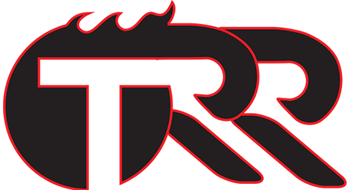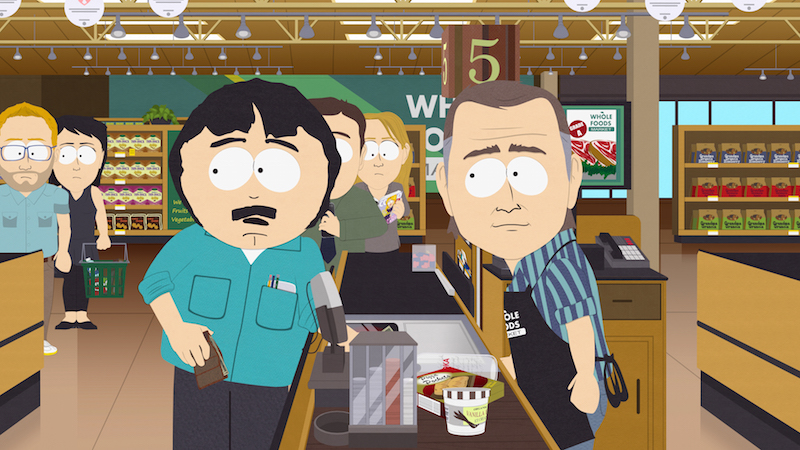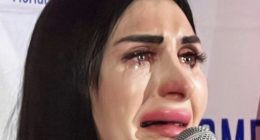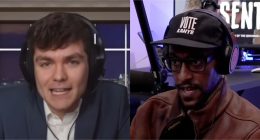I’m a week behind on the new season of South Park, but I must say, the entire ride has been a delight. Seeing Canadian Donald Trump get violently raped wasn’t a sight I can forget, but even that made sense in the context of South Park. But the true genius of this season is how they are skewering politically correct culture, gleefully bashing the authoritarian SJW mindset at every conceivable turn. I’m not the only one who thinks this season is fucking awesome, by the way. Entertainment Weekly has also co-signed it.
Here’s an excerpt from their post…
South Park is six episodes into its 19th season. When I say this is the best South Park season in a decade, I don’t mean South Park is emerging from a creative dry spell, or that these are the six best episodes ever. We’re coming up on the 10th anniversary of “Trapped in the Closet,” an activist triumph that still influences how the culture talks about Scientology. “Britney’s New Look” is one of the best things anyone has ever said about how America treats pop stars. The two-part “Cartoon Wars” remains the definitive word on Family Guy. Every single thing that happens in “Fishsticks” is hilarious — even funnier now that nobody remembers Carlos Mencia…
But this season has a clarity of purpose that goes deeper than griping about identity politics. That comes through most powerfully in episodes 4 and 5, “You’re Not Yelping” and “Safe Space.” In the former, egotistical Yelp reviewers demand respect from restaurants, and get violent when that respect is not granted. In “Safe Space,” Cartman posts a picture online of himself in underwear and declares himself a victim of fat-shaming when he receives negative comments. Soon enough, he’s hanging out with other victims of harassment: Steven Segal, Demi Lovato, and Vin Diesel. It’s not long before they’re all together at a lavish gala dedicated to creating an American without harassment: a #ShamelessAmerica…
But the point this season is a subtle, complicated one. It’s not making fun of political correctness. It’s staging a full-frontal assault on the profiteers of political correctness. It’s portraying how the very important work of protecting victims can shade ever so gradually into a culture that hyperbolizes minor (or even perceived) transgressions. And it’s having a serious conversation about the unforeseen side effects of politically correct culture. Throughout “Safe Space,” the show keeps cutting back to poor, starving African orphans. Besieged by requests from a Whole Foods cashier to donate one dollar to Africa, Randy keeps declaring that “charity shaming” is wrong. Randy doesn’t like feeling ashamed. The orphans don’t like starving. Is “shame” a human rights issue? And if so, is it more or less important than starvation?
It’s definitely worth going over to EW.com and reading the entire article. The writer actually made me sad I quit watching it with regularity back in 2003 or so. I would still catch the occasional episode here and there, but it was no longer a must see show for me. I know during those first few seasons, it was appointment television for me every Wednesday night. Now, with this new season, it’s beginning to occupy that place once again. It feels like coming home, in a way.
Like the author says, we’re not sure where this is all going to go. I find it hard to see them not having some kind of payoff at the end of the season, but then again, maybe they won’t. I do like the way they’re keeping a major storyline going all year long, so I really, really hope that continues. Either way, bravo to Trey Parker and Matt Stone for revitalizing the series. As evidenced by this Entertainment Weekly column, and audience feedback, I’m not the only one. I think most of you feel the exact same way.
Watch South Park HERE




